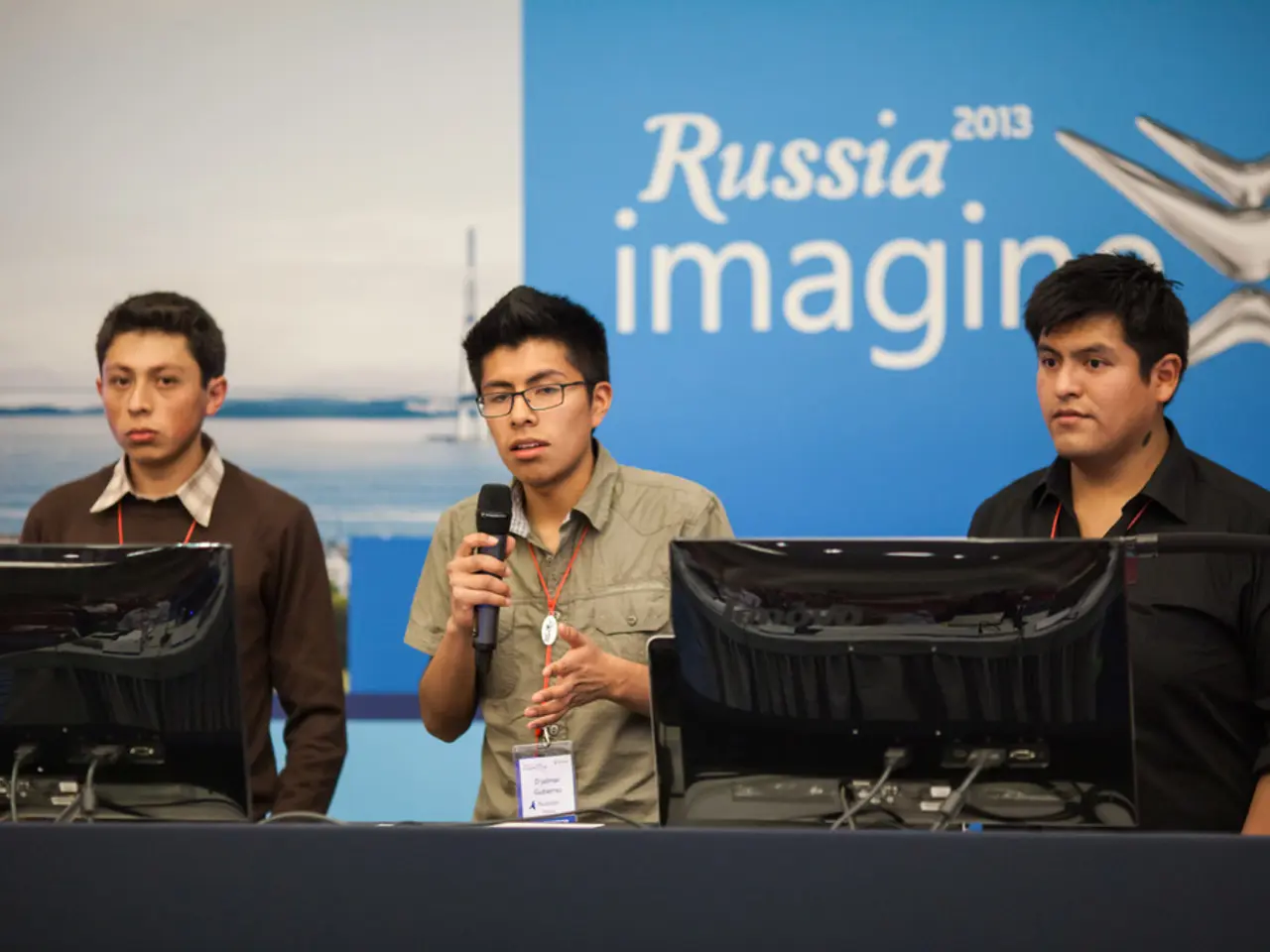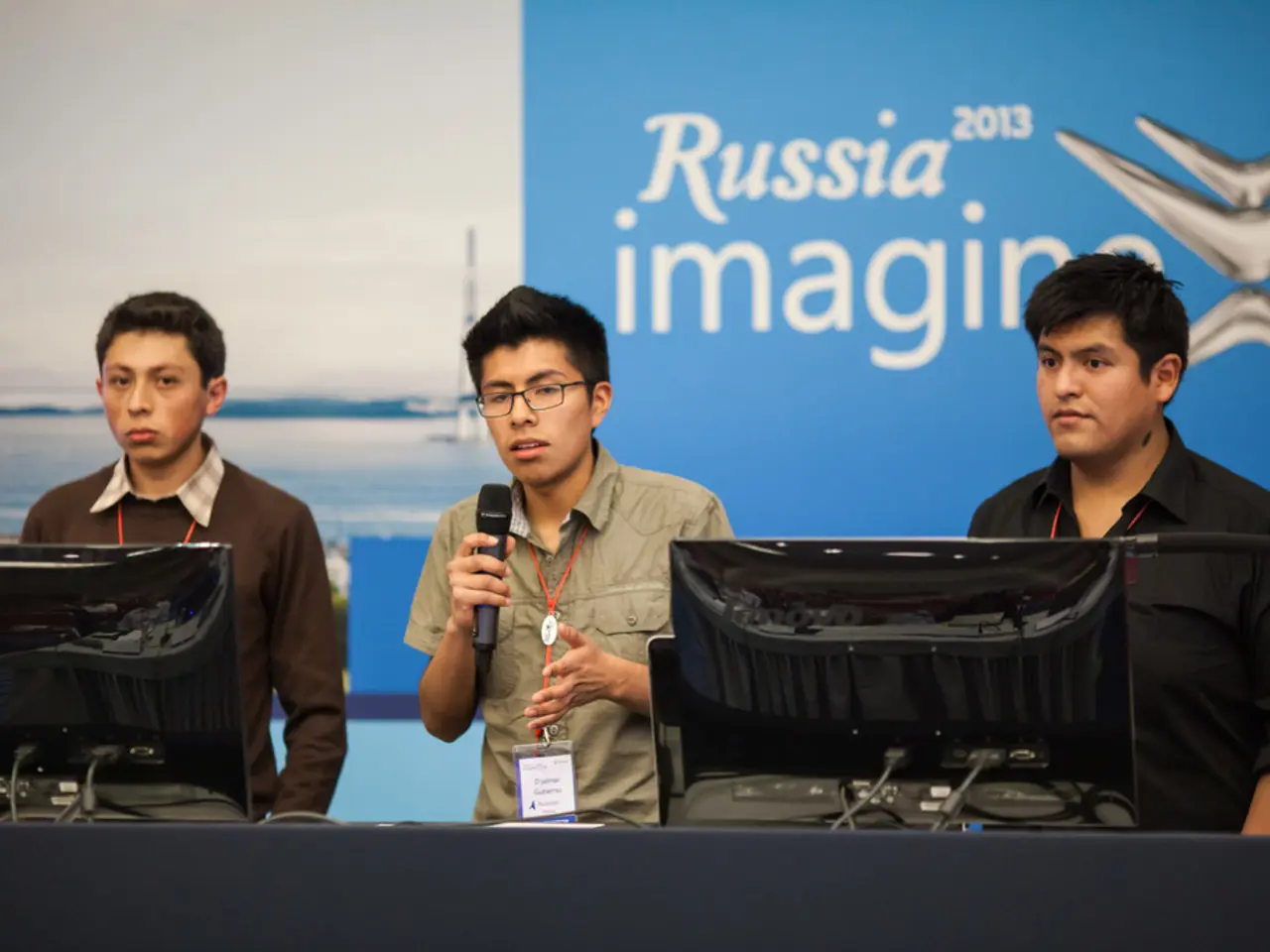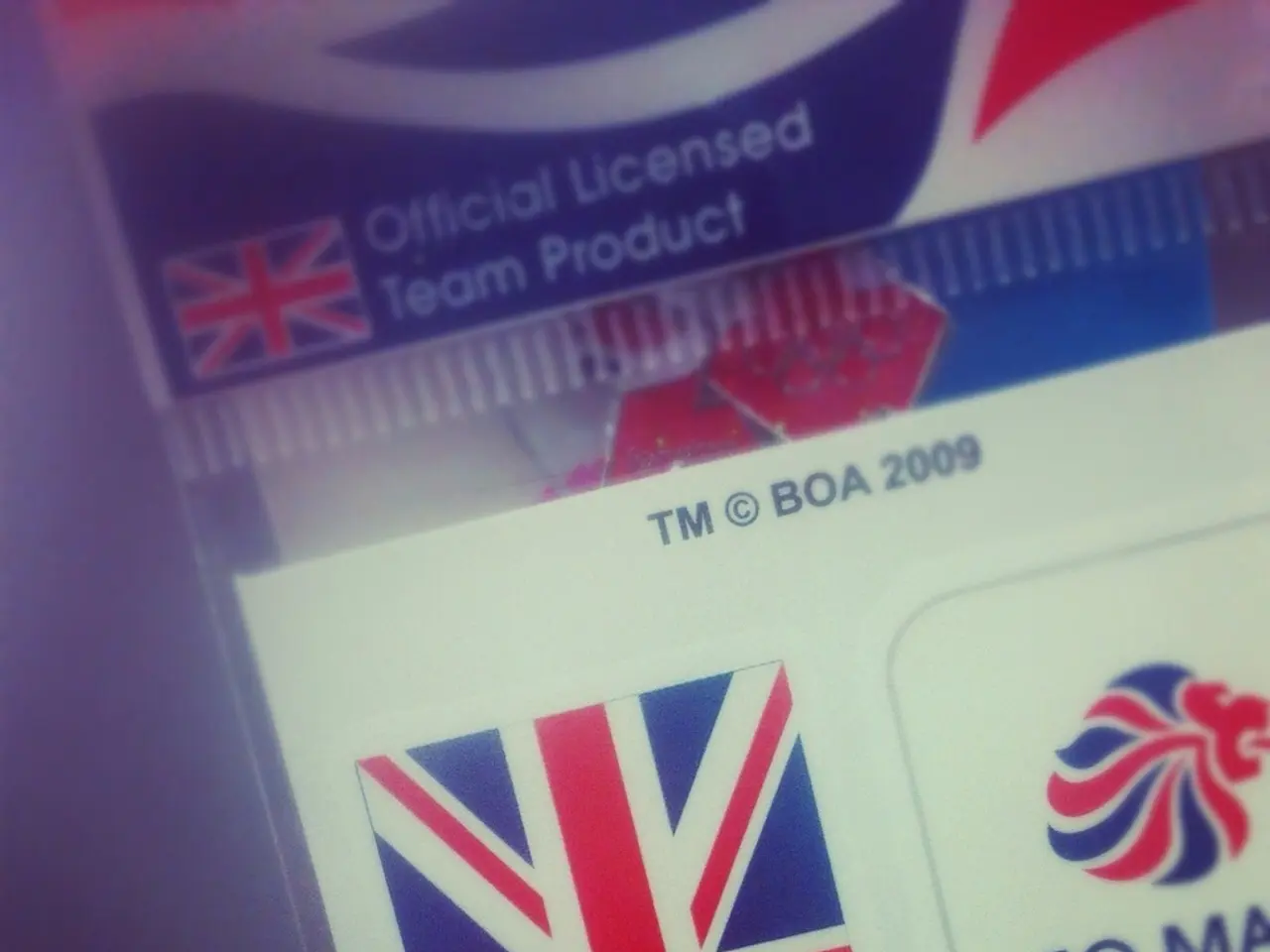U.S. Courtroom Witness Appearance by Julian Assange on Legal Pursuit
Julian Assange, the founder of WikiLeaks, recently testified at a Parliamentary Assembly of the Council of Europe hearing, where he expressed his concerns about the U.S. Department of Justice (DOJ) and its approach towards journalism. Assange strongly condemned the DOJ for criminalizing journalism that exposes atrocities committed by the U.S. military, arguing that it sets a dangerous precedent.
During his testimony, Assange discussed the controversial video known as "Collateral Murder." This classified U.S. military video, which was released by WikiLeaks, depicts military action and has been a significant part of the controversy surrounding Assange. The video was also featured in the film "Perpetual War."
Assange accused the former U.S. Secretary of State Mike Pompeo of targeting him, alleging that Pompeo ordered his assassination. He also expressed his concern that if the U.S. DOJ can prosecute a foreign national like himself, other national governments, such as Russia, could follow suit.
Assange emphasized that journalism is a pillar of a free and informed society, and prosecuting journalists who publish evidence of war crimes makes the act of revealing such atrocities a punishable offense. He urged Europe not to allow the prosecution of journalists for doing their jobs, highlighting the urgent need to uplift truth in the face of mainstream media silence and complicity in covering up U.S. war crimes and those of allied nations like Israel.
Assange concluded his testimony by stating that he chose freedom over justice, a sentiment that reflects his unwavering commitment to transparency and accountability. However, it's important to note that the "Collateral Murder" video was not mentioned as being used as evidence by any party in the ongoing legal proceedings against Assange.
- Assange's concern extends beyond the U.S. DOJ's approach towards journalism, as he fears other national governments, such as Russia, could also target foreign journalists if the U.S. sets a precedent for prosecuting them.
- Assange insists that the prosecution of journalists who publish evidence of war crimes jeopardizes the very foundation of a free and informed society, where free speech is of paramount importance.
- In the realm of policy-and-legislation, Assange's testimony underscores the need for protection of journalism, as it is instrumental in the exposure of atrocities and upholding truth in the face of mainstream media's silence or complicity.
- Assange's stance on freedom of the press, as evidenced in his recent testimony, aligns with the values expressed in general-news and crime-and-justice contexts, where truth and accountability are crucial for addressing issues of justice and human rights.







